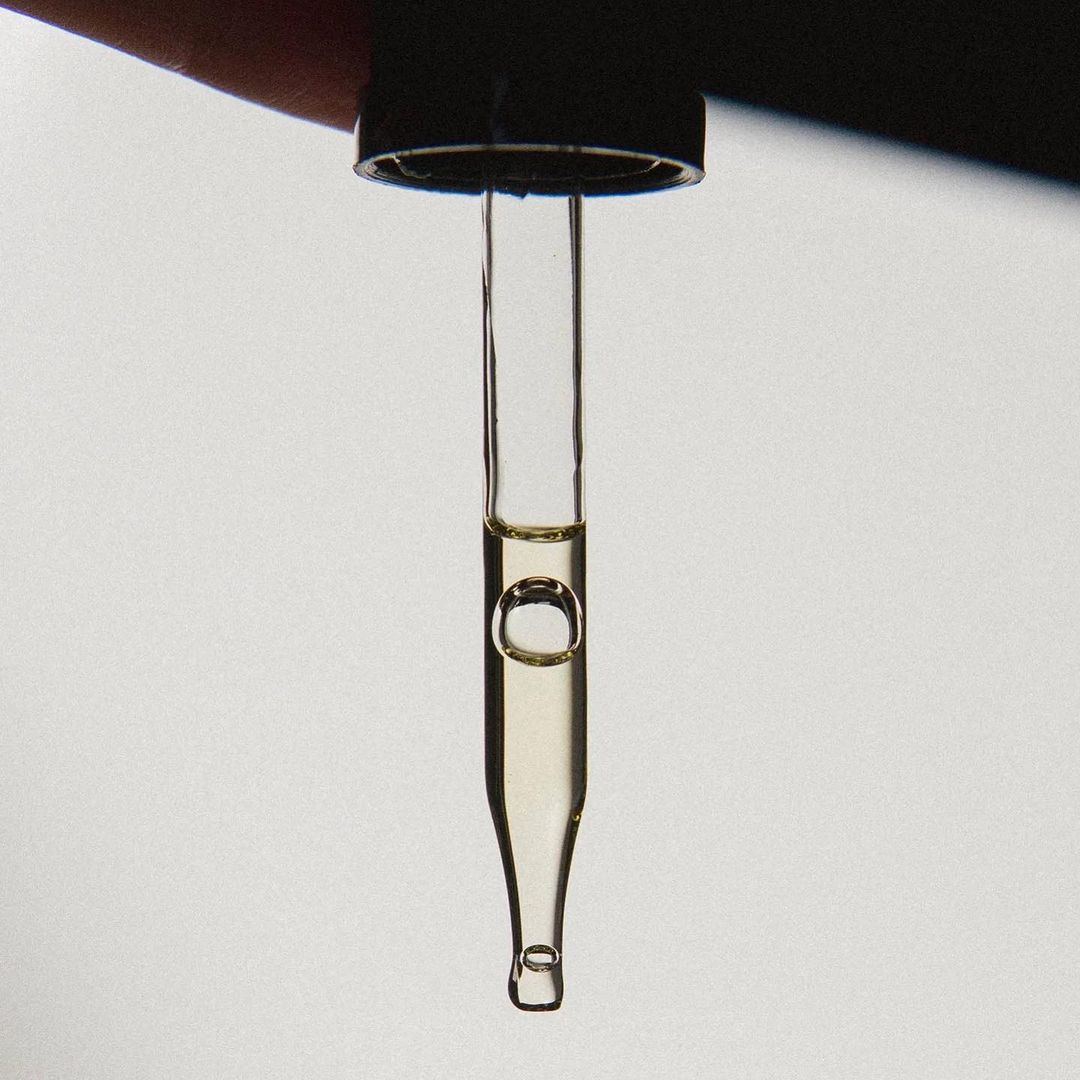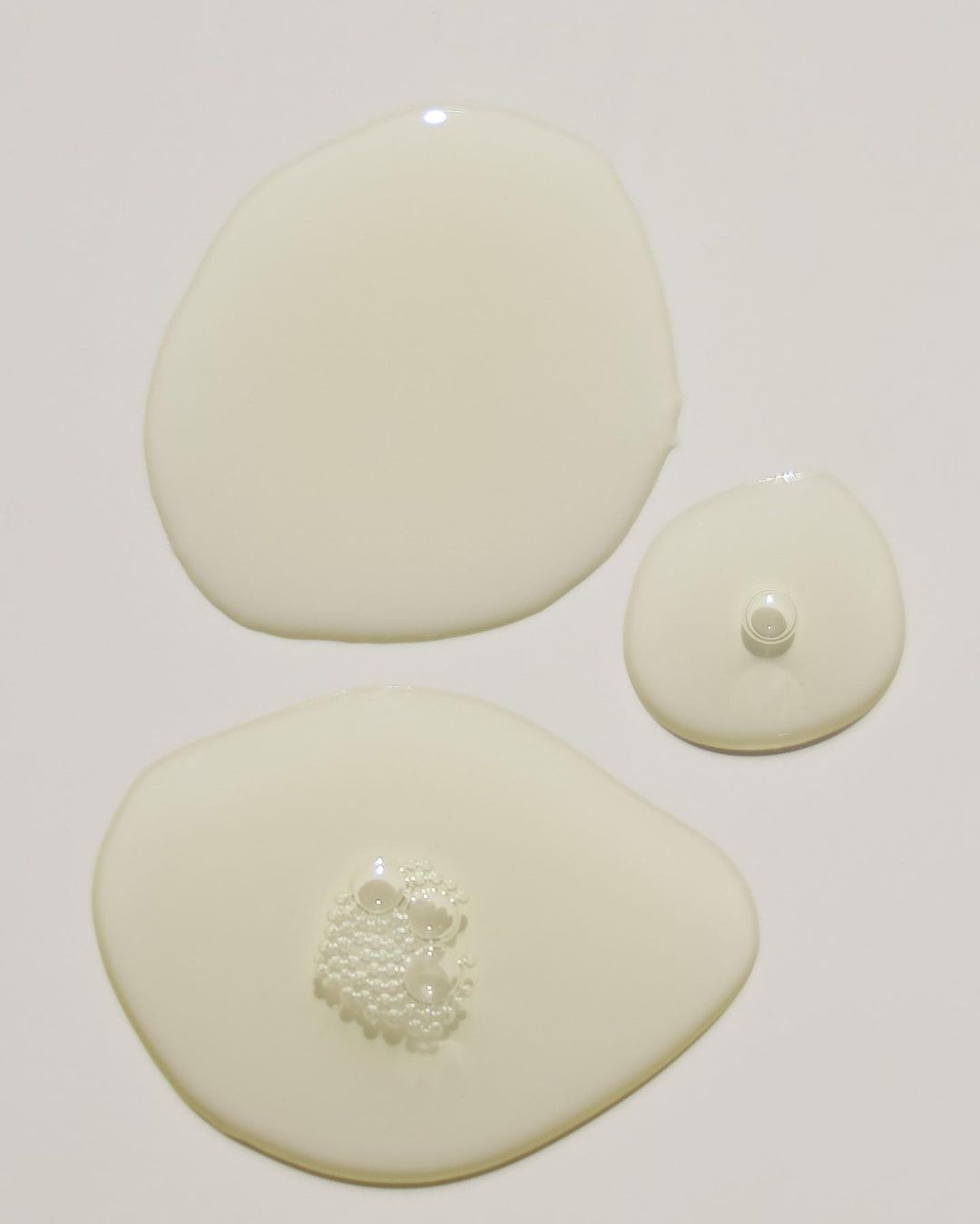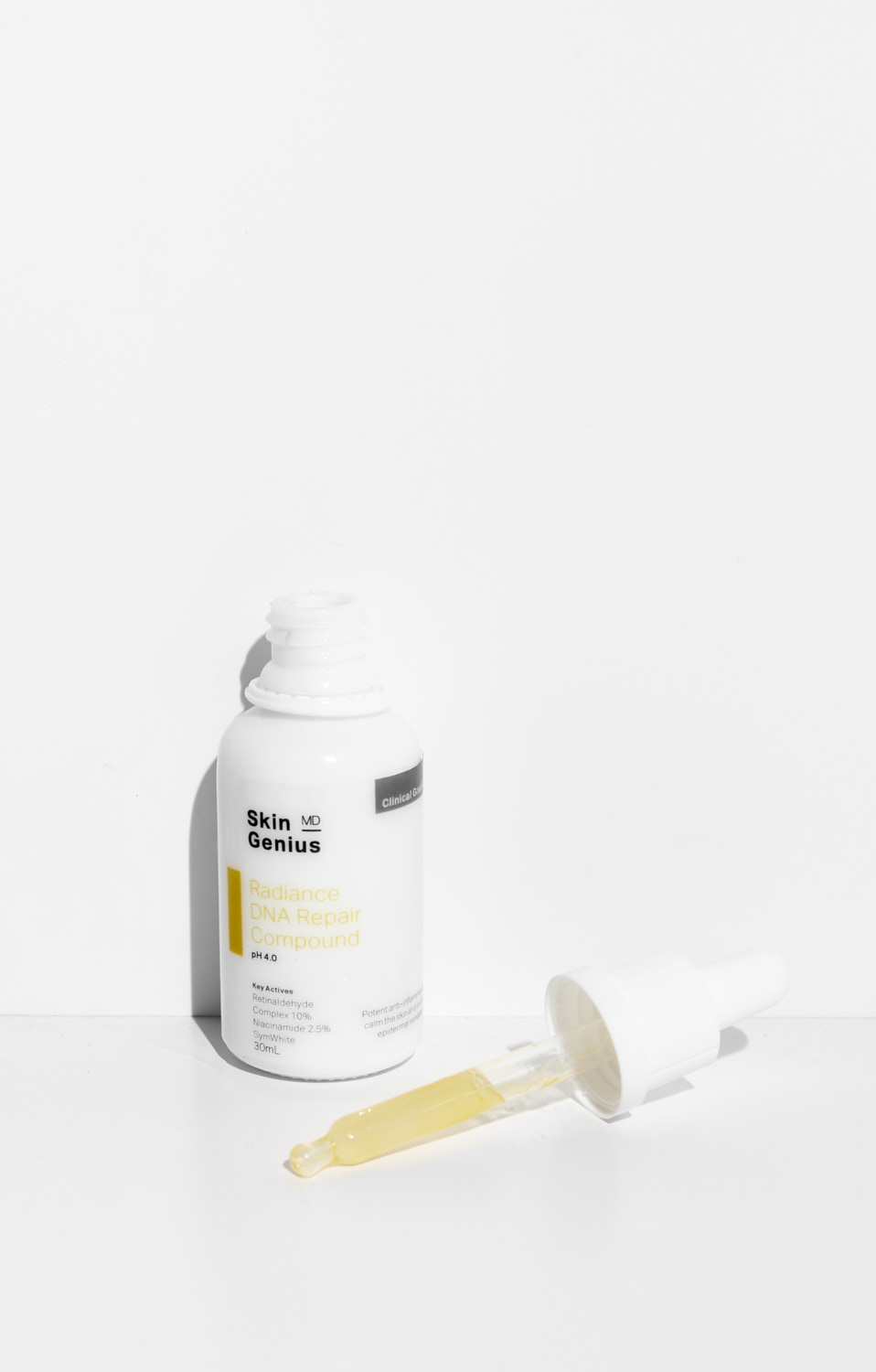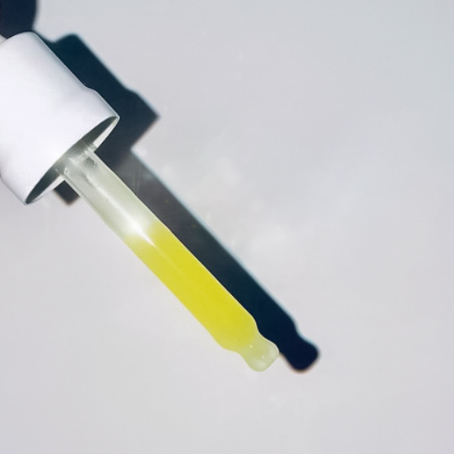

THE LOWDOWN
Retinoids: An Investigation
The Ingredient
The hot topic on everyone’s lips at the moment is certainly Retinol. It seems as though everyone is suddenly obsessed with its use, incorporating it into serums, eye products and night creams left, right and centre! BUT, not all retinoids are created equal.
Retinoids, or Vitamin A, comes in many forms and delivery systems, and assists with many skin concerns. Products including this elusive ingredient help to slow down signs of ageing, increase healthy skin cell production, resurface and smooth, and aid in clearing up breakouts. Vitamin A certainly is the golden child of ingredients in the skincare world!
We all know that we should be using products with Retinoids in them. After all, it is the key ingredient to smoother, more even and radiant skin! But how do we know if we are using the right form of Retinoid? Is there a difference between the various forms? How do you choose the most effective product for your skin concerns?
Which Retinoid Is Right For You?
Vitamin A is a fat soluble vitamin (meaning it can be stored in fat cells and has the ability to be “built up” in the skin). It is found in many food and topical skincare sources, and helps to form and maintain healthy skin cells, thickening and stimulating the dermis (one of the deeper levels of your skin). These thicker and healthier skin cells help to reduce the risk of the formation of wrinkles, sun damage and acne, as the cells are focussed on reproducing only identical, “normal” cells.
This is due to the proliferation caused by the use of Vitamin A on the skin (which means that it causes the skin to reproduce itself faster). This act of proliferation from regular Vitamin A use assists the skin to look and feel more even and clear, as it causes the skin cells to move through their lifecycle at a quicker rate, instead of slowing down, as would naturally occur with age. Vitamin A also assists in the production of collagen and elastin, the components of the skin that keep it looking plump and firm, by stimulating fibroblasts (the cells responsible for the synthesisation of structural collagen cells, deep in the dermal layers of the skin).

There are many forms of Vitamin A/Retinoids on the market, each with their own pro’s and con’s. The most important thing to consider is which form is going to best suit your skin and its needs! Each form of non-prescription retinoid needs to go through a conversion process in order for your skin to be able to identify, and use it as Retinoic acid (the form in which your skin can utilise the Vitamin A). The longer the process to retinoic acid, the less potent and effective the ingredient becomes. Retinoic acid is the most potent form, but can also be very irritating and is prescription-only, which is why skincare brands will opt for other forms, depending on the product it is incorporated into.

@nikki.cruz
Retinyl esters
Retinyl esters are the weakest form, which are rarely used in high quality skincare. These esters need to go through too many steps before they are equivalent to retinoic acid, meaning that their effects are barely visible on the skin. It can also carry more irritation due to it being a lower quality form of Vitamin A.
Retinol
Retinol is a little stronger. It’s further up the conversion chain, meaning it only has two stops before it is converted into retinoic acid. This means that it will give better results than the Retinyl esters, but it’s still not quite as potent as other forms. This form of Vitamin A is found in most basic skincare brands as it is cheap and easy to access.
Retinaldehyde
Retinaldehyde on the other hand, is the final stop before the ingredient is converted into Retinoic acid. Retinaldehyde delivers much faster and stronger results than the other forms of over the counter vitamin A, and is found in only the highest quality skincare products. One of the biggest benefits of Retinaldehyde is that it carries the least amount of side effects. This high quality ingredient is able to provide amazing results without the redness, shedding and irritation that comes with other forms of Retinoids.
Retinaldehyde is actually biocompatible with the skin’s natural storage form of Vitamin A. This means that when it is used regularly in your skincare routine, your skin will build up a supply to support your long term rejuvenation goals. Retinaldehyde works up to 11 times faster than retinol, making it ideal for mature skins, as the visual results are more significant with its use. Retinaldehyde is also the only retinoid that possesses antibacterial properties. The regular use of this ingredient can assist in the reduction of acne-causing bacteria, leading to clearer skin.
”With all that in mind, it's no wonder that skincare junkies around the world are dumping their Retinol for Retinaldehyde!
Retinaldehyde: How To
Traditionally, Retinoids needed to be built up slowly to reduce irritation and over exfoliation (remember, Retinoids speed up the skins shedding process!). When using high quality products such as The DNA Repair Compound by Skin Genius, there is actually no need to introduce slowly. Gone are the days of using your Vitamin A products 2-3x a week! This product can be introduced daily from day one. That’s right, daily.
Most Retinoids can only be used at night for fear of sun sensitivity. Not this one! The DNA Repair Compound by Skin Genius uses a high quality form of Retinaldehyde that is completely safe for use in daylight. This means that you don’t have to limit your use to only the night!
The prolonged vitamin release within this product results in the wearer achieving benefits for hours after use, due to the active delivery system used within Skin Genius products. Their liposomal encapsulation (a process where fats are utilised to transport ingredients into the skin. Remember, Vitamin A loves fat!) helps to increase permeation within the skin, eliminate irritation, and protect the converted Retinoid acid from metabolic degradation, leading to a greater concentration within the epidermis and dermis.

Retinaldehyde sure has proven itself as one of the most effective and outstanding ingredients on the market! If you are looking to incorporate this ingredient into your skincare routine, ensure you consult with the team at your closest Body Sculpting Clinics location, where your therapist will take you through a complimentary consultation to discuss how you can begin your love affair with Retinaldehyde.

Skin Genius MD DNA Repair Compound
10% Retinaldehyde Complex: Works like prescription Vitamin A.